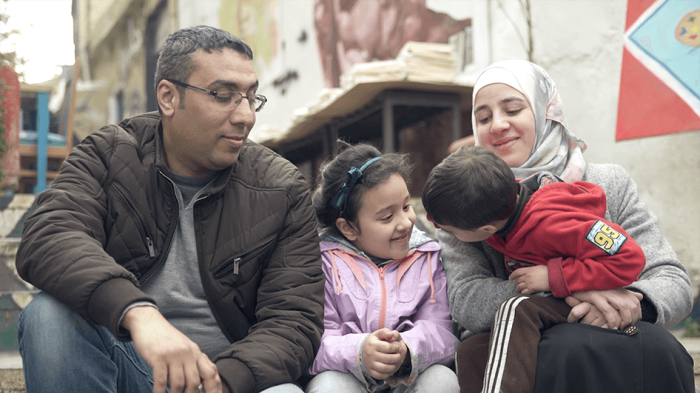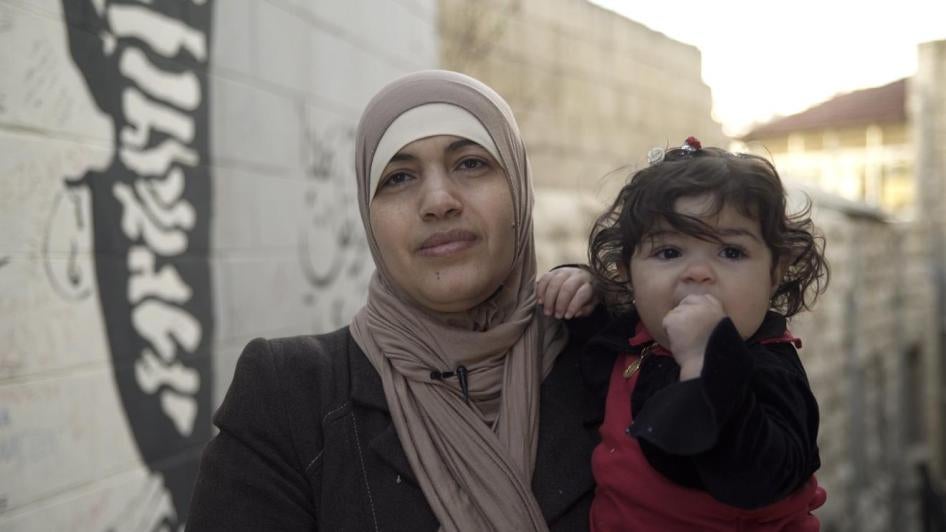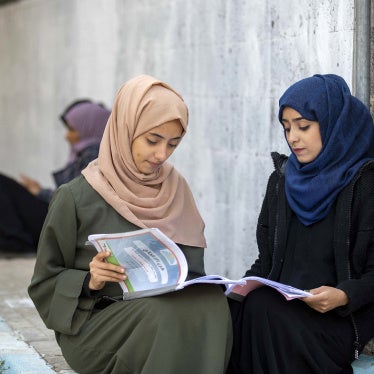The report is based on more than 50 interviews with Jordanian women, non-citizen children, government officials and activists, as well as a comprehensive review of the relevant Jordanian laws, regulations, and decisions.
Despite progress by countries across the Middle East and North Africa to allow women to pass nationality to their children, Jordan has announced no plans to amend its nationality law. Algeria, Egypt, Morocco, Tunisia, and Yemen all provide equal rights to women and men to confer citizenship to their children. Iraq and Mauritania allow women with foreign husbands to confer nationality to children born in the country.
While local women’s rights activists attribute successive governments’ unyielding stance on the issue to a deep-seated patriarchal culture, Jordanian lawmakers and officials typically cite several justifications for this discriminatory policy. Among these are the alleged implication that Jordan could become an “alternative homeland” for Palestinians and the presumed financial burden of a policy change.
However, the law permits a Jordanian man to marry as many as four women, including foreign nationals, and to pass on citizenship to his wives and children.
In 2014, following increased domestic pressure, Jordanian authorities appeared ready to recognize non-citizen children of Jordanian women as a specific class of individuals entitled to benefits they otherwise would not have been entitled to as non-Jordanians. The cabinet issued a decision purporting to ease restrictions on their access to employment opportunities, public education, government health care, property ownership, investment, and acquiring a driver’s license. The cabinet decision also established a special identification card which would be required to access these six areas.
At the time, then Interior Minister Hussein al-Majali said that all 355,923 children of Jordanian mothers and foreign fathers registered with the Civil Status and Passports Department would benefit from the decision. But by February 2018, authorities had issued just over 72,000 special ID cards, fewer than 20 per cent of those allegedly eligible.
Even for those who did obtain ID cards, many reported no discernible improvement in their circumstances. By and large, Jordanian government agencies continue to subject non-citizen children of Jordanian women to the same laws and regulations that govern provision of services for foreign nationals.
Children of foreign fathers still face a cumbersome renewal process for residency permits and significant legal and regulatory barriers to employment. Some of those interviewed who had managed to build successful careers despite these restrictions said that the legal uncertainties threatened their jobs and limited their professional mobility.
While there was some improvement in access to public hospitals and public schools, it applied only to those who were able to get the ID cards. And there have been no discernible changes in property ownership, investment rights, or obtaining a driver’s license. Some government departments now require the new ID card in addition to the documents originally required for services, arguably excluding non-citizen children who could have accessed these services before the “reform.”
“Do you think we would be in this [poor] state if our children could work?” said a 51-year-old Jordanian mother of five non-citizen children. “We are always worried for them. They have no freedoms, no rights, no futures.”











